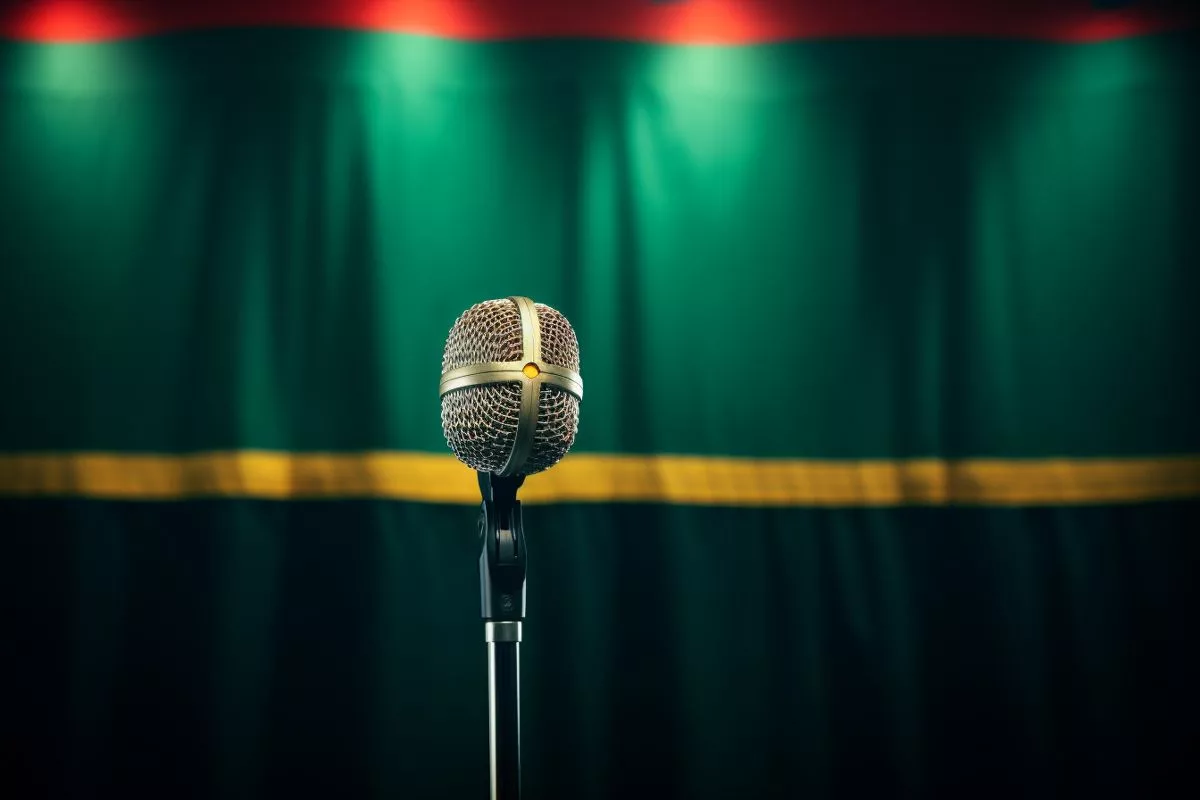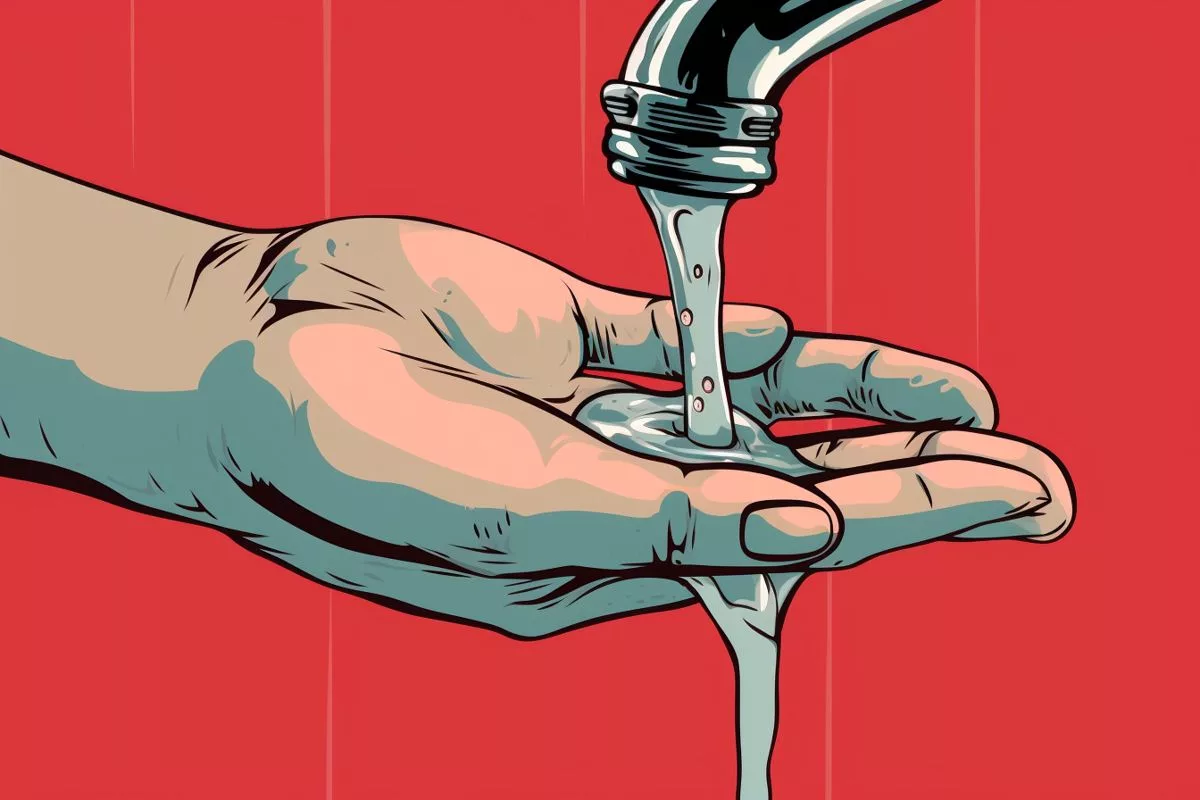South Africa’s Sport, Arts, and Culture Minister, N.G Kodwa, called for a collaborative approach to strengthen anti-doping measures in sports. While praising government compliance with the International Convention against Doping in Sport, Kodwa criticized the World Anti-Doping Agency’s Code Compliance process for policy overreach. He emphasized the need for coordination and harmonization between UNESCO and WADA to effectively harness resources in the fight against doping, while respecting governments’ unique legislative processes. With ongoing challenges in the fight against doping, Kodwa’s speech serves as a call for a more unified effort in tackling the issue and upholding the integrity of sports.
What is Minister Zizi Kodwa’s Stand Against Doping in Sports?
Minister N.G Kodwa of South Africa’s Sport, Arts, and Culture Ministry called for a more collaborative and flexible approach among governments, non-governmental role-players, and UNESCO and the World Anti-Doping Agency (WADA) to strengthen anti-doping measures. While praising government compliance with International Convention against Doping in Sport, Kodwa criticized WADA’s Code Compliance process for policy overreach. He emphasized the need for coordination and harmonization between UNESCO and WADA to effectively harness resources in the fight against doping, while respecting governments’ unique legislative processes.
Tackling the Doping Issue in the Sports World
The fight against doping in sports is a critical battle, one that maintains the integrity of competition and the wellbeing of athletes. In October 2023, the ninth session of the Conference of Parties (COP9) to the International Convention against Doping in Sport was held, further emphasizing the commitment to this crucial cause. South Africa’s Sport, Arts, and Culture Minister, the Honourable N.G Kodwa, played a significant role in the conference, addressing the challenges and responsibilities faced by public authorities in the anti-doping ecosystem.
Kodwa opened his speech by applauding State Parties for their high compliance rate with the Convention and stressing the importance of governments adhering to its principles. He praised the process requiring governments to establish mechanisms for compliance and promised South Africa’s continued support for these mechanisms. Kodwa also encouraged UNESCO to enhance and fortify its compliance mechanism so that anti-doping legislation can be effectively enforced.
However, Kodwa expressed his unease with the World Anti-Doping Agency (WADA) Code Compliance process, accusing it of policy overreach when directing public authorities on crafting national legislation and setting timelines. WADA, as a non-governmental entity, was perceived as intrusive for its directives to public authorities. Kodwa argued that public authorities should be accountable to the Convention’s principles rather than the Code and called for a more collaborative and flexible approach that respects the sovereignty and unique legislative processes of governments.
Strengthening Anti-Doping Measures Through Collaboration
Kodwa called on the Bureau to enhance the monitoring and implementation of the Convention by streamlining compliance and allocating responsibilities to relevant parties, such as governments and non-governmental role-players. He emphasized the need for coordination and harmonization between UNESCO and WADA to effectively harness resources in the fight against doping.
The anti-doping movement traces its origins to the 20th century when the use of performance-enhancing drugs became increasingly prevalent in sports. Consequently, the International Olympic Committee (IOC) was established in 1999, which later formed WADA in response to a significant doping scandal involving the Festina cycling team. Over the years, WADA has been at the forefront of the war against doping, creating the World Anti-Doping Code, which sets the standard for anti-doping policies worldwide.
The relationship between UNESCO and WADA is vital to the success of anti-doping efforts, but it is also crucial to recognize the role of governments in implementing these policies. In this light, Kodwa’s speech serves as a call for a more collaborative approach, one that respects each government’s unique circumstances while working together to uphold the integrity of sports.
Ongoing Challenges in the Fight Against Doping
High-profile doping scandals in recent years have highlighted the continuing nature of this battle. The Russian Anti-Doping Agency (RUSADA) was declared non-compliant with the World Anti-Doping Code in 2015, resulting in a series of consequences for Russian athletes competing in international events. Other cases, such as the 2016 retesting of samples from the 2008 and 2012 Olympic Games, uncovered numerous doping violations, leading to the loss of medals and lifetime bans for some athletes.
One of the significant challenges in combating doping is the ever-evolving nature of performance-enhancing substances and methods. This demands constant vigilance and collaboration among various stakeholders, including international organizations, governments, and sporting bodies. The relationship between UNESCO and WADA, as well as the involvement of public authorities, is crucial to ensuring that the anti-doping movement remains adaptable to new threats and continues to protect the integrity of sports.
Minister Zizi Kodwa’s speech at COP9’s ninth session emphasizes the importance of addressing doping in sports and the need for a more unified effort in tackling the issue. By prioritizing collaboration among all stakeholders and respecting the sovereignty of governments in creating their anti-doping legislation, the international community can move closer to a fair and clean playing field for all athletes.
The journey towards a doping-free world of sports may be long and difficult, but with the dedication of public authorities like Minister Kodwa and the collaboration between UNESCO and WADA, there is ample reason for optimism. As the torch is passed from one generation of athletes to the next, the fight against doping will continue, ensuring that the spirit of fair competition remains at the heart of sports.
What is the International Convention against Doping in Sport?
The International Convention against Doping in Sport is a legally binding agreement between governments and international organizations that aims to harmonize and coordinate efforts to combat doping in sports worldwide.
What role does the World Anti-Doping Agency (WADA) play in the fight against doping?
WADA is a non-governmental organization that sets the standard for anti-doping policies worldwide. It works with governments, sporting bodies, and other stakeholders to develop and implement anti-doping measures.
What are the ongoing challenges in the fight against doping?
One of the significant challenges is the ever-evolving nature of performance-enhancing substances and methods. This demands constant vigilance and collaboration among various stakeholders, including international organizations, governments, and sporting bodies.
How does Minister Kodwa propose to strengthen anti-doping measures in sports?
Minister Kodwa calls for a collaborative approach among governments, non-governmental role-players, and UNESCO and WADA to strengthen anti-doping measures. He emphasizes the need for coordination and harmonization between UNESCO and WADA to effectively harness resources in the fight against doping, while respecting governments’ unique legislative processes.
What is the relationship between UNESCO and WADA?
The relationship between UNESCO and WADA is vital to the success of anti-doping efforts. UNESCO provides a framework for governments to establish anti-doping legislation, while WADA works with governments, sporting bodies, and other stakeholders to implement these policies.
What is the role of public authorities in implementing anti-doping policies?
Public authorities play a crucial role in implementing anti-doping policies by establishing mechanisms for compliance with the International Convention against Doping in Sport. They are responsible for creating and enforcing national legislation that aligns with the Convention’s principles and the World Anti-Doping Code.
What is the history of the anti-doping movement?
The anti-doping movement traces its origins to the 20th century when the use of performance-enhancing drugs became increasingly prevalent in sports. Over the years, organizations like the International Olympic Committee and WADA have been at the forefront of the war against doping, creating and implementing anti-doping policies worldwide.
What is the significance of Minister Kodwa’s speech at COP9’s ninth session?
Minister Kodwa’s speech emphasizes the importance of addressing doping in sports and the need for a more unified effort in tackling the issue. By prioritizing collaboration among all stakeholders and respecting the sovereignty of governments in creating their anti-doping legislation, the international community can move closer to a fair and clean playing field for all athletes.








